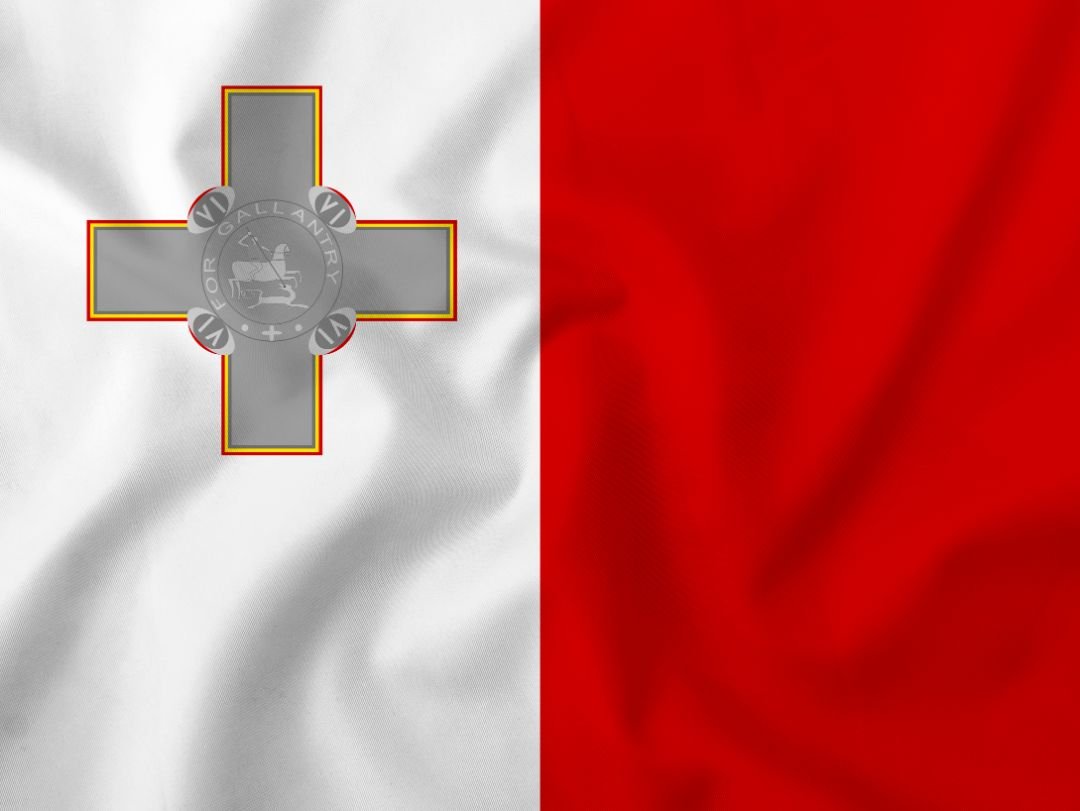
Baltic countries – Estonia, Latvia and Lithuania, namely, have expressed their objections to this exception, arguing that Russia blocked Estonia’s presidency of the OSCE in 2023. Zakharova was expected to accompany Russian Foreign Minister Sergey Lavrov, who is still expected to attend the meeting and who has reportedly arrived in Malta already.
Tighter Measures Applied to Russian Nationals & Diplomats Since the War in Ukraine
European countries have increasingly tightened rules for Russian nationals as well as political representatives in the last two years as a response to the military invasion of Ukraine, which continues to this day.
Some of the countries that have applied the most stringent measures are the Baltic countries, with reports of Russian nationals being blacklisted or declared non-grata being quite frequent.
Recently, Latvia has blacklisted ten Russian citizens, who have been banned from entering the country due to showing support for the war in Ukraine.
The ten individuals, three women and seven men were business owners or had business interests in Latvia.
Despite Sanctions, Russian Nationals Remain Highly Interested in Visiting Europe
As almost all European countries have banned Russians from entering the Schengen Area, their interest in visiting Europe remains high.
According to data from the Continent Express, Russians’ Schengen visa application rates have increased by one-third between January and October of 2024. This difference is represented by a 35 per cent increase in the number of applications filed by Russians.
Russians have proven to be committed to visiting Europe, going as far as finding loopholes to travel to Europe. For example, they tend to travel to Turkiye and then to Europe, as Russian flights are not allowed in the European air zone.
Around 17 to 18 per cent of all bookings are directed to France, Italy and Spain, which emerge as top destinations for Russian tourists.
